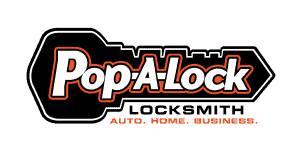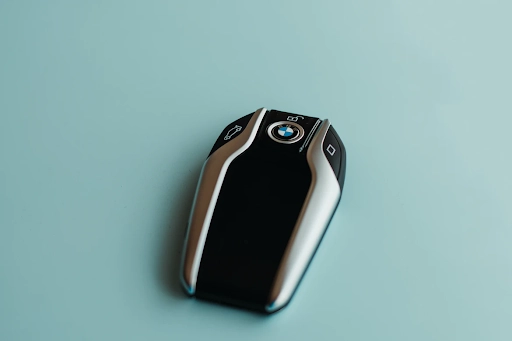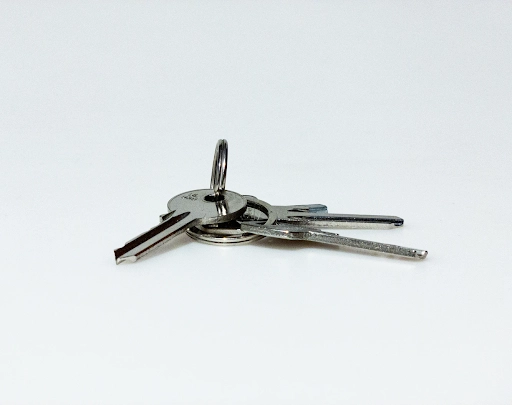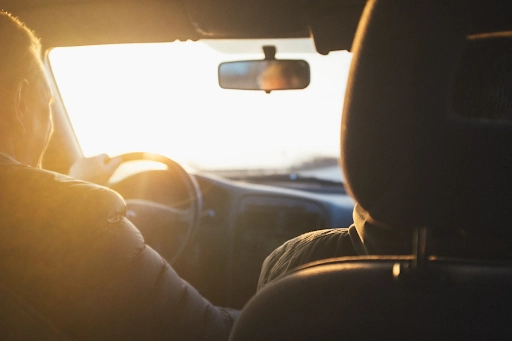When it comes to protecting your valuables, both at home and at work, a safe is a necessary investment. Not only do safes keep your items secure from potential burglars, but they also protect against fires, floods, and other disasters. But with so many different types of safes on the market, it can be difficult to know which one is right for your needs. In this blog post, we will go over some of the most valuable items you should consider storing in a safe, as well as some tips for choosing the right safe for your needs.
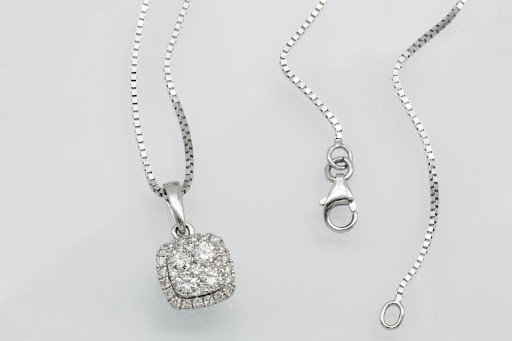
Valuables Fit for a Safe
One of the most valuable items that you should consider storing in a safe is your important documents. This includes things like your birth certificate, passport, social security card, and other identification documents. These items are not only valuable in their own right, but they are also essential for proving your identity and accessing various services. By storing them in a safe, you can ensure that they are protected and easily accessible in case of an emergency.
Another valuable item that you should consider storing in a safe is your jewelry. Whether you have a collection of priceless heirlooms or just a few sentimental pieces, your jewelry is likely worth a significant amount of money. Storing it in a safe can help protect it from theft, as well as prevent damage from fire, water, and other disasters.
In addition to your important documents and jewelry, you should also consider storing other valuable items in a safe, such as your cash, firearms, and sentimental items. Your cash is an obvious choice, as it is both valuable and easily portable. Storing it in a safe can help protect it from theft and damage. Firearms, on the other hand, require special consideration. Depending on where you live, you may be required to store your firearms in a specific type of safe, such as a gun safe, in order to comply with local laws. Sentimental items, such as family heirlooms, photos, and other keepsakes, can also be worth a great deal to you emotionally and should be protected in a safe.

How to Choose a Safe
When it comes to choosing a safe, there are a few key factors to consider. First and foremost, you need to consider the size of the safe. It should be large enough to accommodate all of your valuable items, but not so large that it’s difficult to find a suitable location for it. You also need to consider the type of lock on the safe. Most safes come with either a combination lock or a keyed lock, and both have their pros and cons. Combination locks are generally more secure, but they can be difficult to open in an emergency. Keyed locks, on the other hand, are easier to open, but they can be picked or bypassed by a skilled burglar.
Another important factor to consider are the fire and water protection ratings of the safe. Fires and floods can destroy not only your valuable items, but also the safe itself. Look for a safe with a high fire protection rating, ideally one that is rated to protect your valuables for at least an hour in the event of a fire.
Finally, you should consider the overall build quality of the safe. A well-made safe will be more secure and more resistant to burglars and disasters. Look for safes that are made from heavy-duty materials, such as thick steel, and have multiple locking mechanisms to provide additional security.
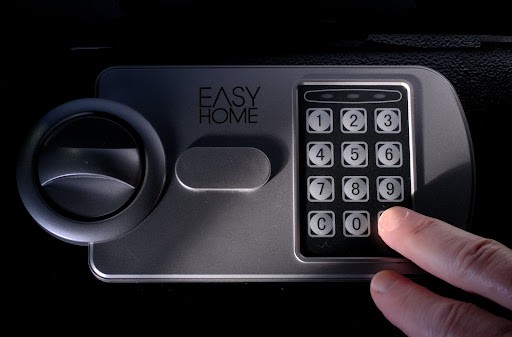
A safe is a necessary investment for protecting your valuable items. Some of the most valuable items you should consider storing in a safe include your important documents, jewelry, cash, firearms, and sentimental items. When choosing a safe, consider the size, type of lock, fire protection rating, and build quality. By taking these factors into account, you’ll be well equipped to protect the things that matter in the safe that best fits your needs.
If you have a commercial safe that you can’t open, be sure to contact Pop-A-Lock’s commercial safe unlocking professionals to regain your much-needed access to your valuables!
